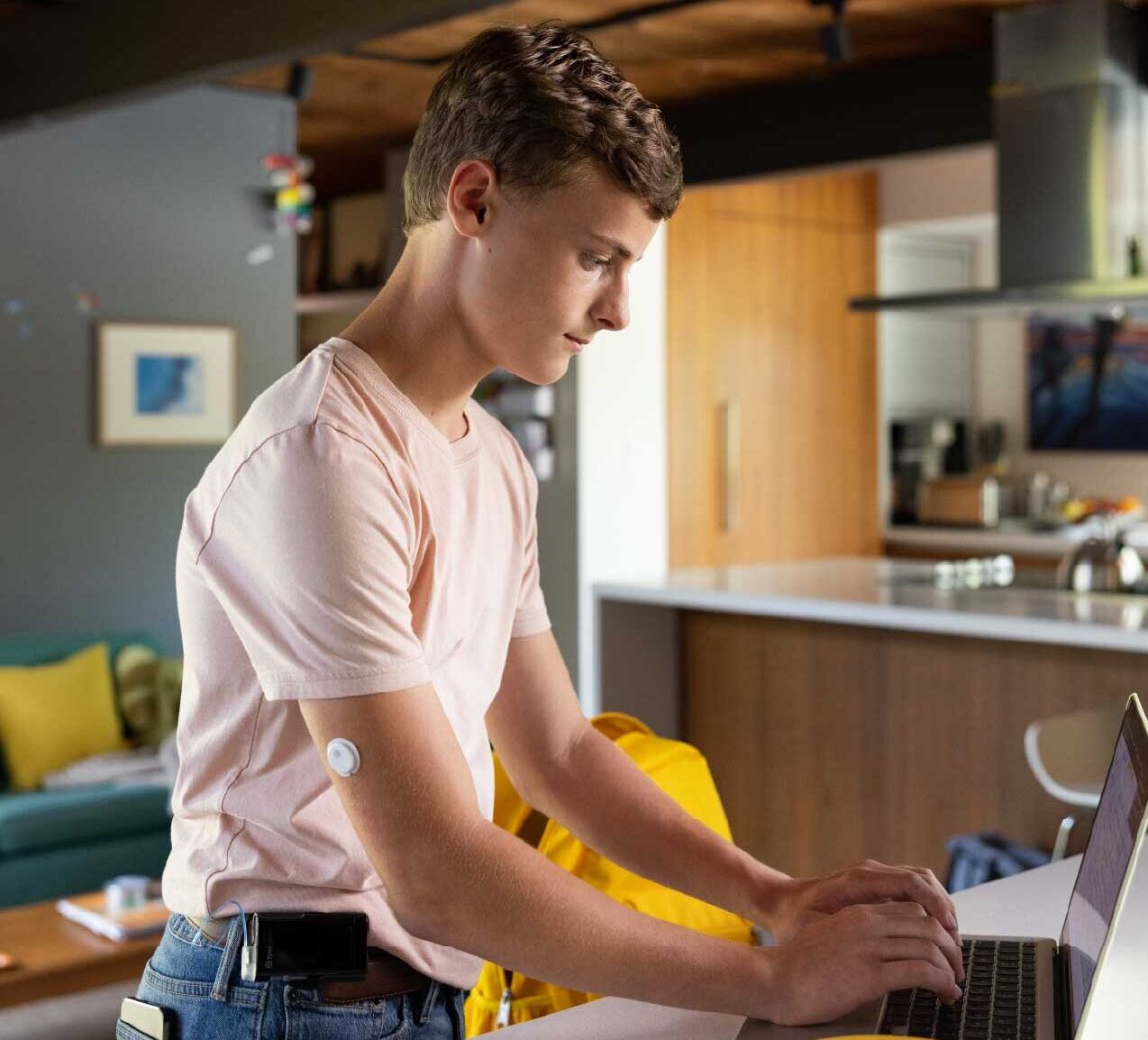EON Aboriginal Foundation was established to provide edible gardens and nutrition education to remote and regional communities in Western Australia. ZOE DELEUIL talks to CEO Kathryn Taylor and Community Assistant Chris Harrington about what each garden gives its community.
It started with one pilot garden growing fresh food in the west Kimberley. Twenty years later, EON Aboriginal Foundation has delivered its program to more than 45 communities across Western Australia and the Northern Territory.
With the gardens primarily located in remote schools, children can learn about nutrition in a practical way outside the classroom. As well as enjoying the fresh fruit, veggies and bush tucker in each garden, students, parents and community members can take part in hands-on workshops. The organisation is Aboriginal-led and has permanent staff working in the communities, providing a familiar face to keep kids engaged and learning.
“It’s a way of teaching healthy eating through tactile, practical use of the garden,” says Kathryn. “Once the food is harvested, it goes straight to the kitchen or, if there’s not a kitchen, we cook outside. We’ll talk about adding more greens and veggies to a plate and eating the rainbow, and there’s a lot of incidental nutrition through the children just being in the garden and eating straight from the plants.”

EON Aboriginal Foundation was established in 2005 in response to the Telethon Institute for Child Health Research’s large-scale investigation into Aboriginal Child Health in WA. This research highlighted the poor health conditions faced by Aboriginal children, particularly those in remote communities, with First Nations children across Northern and Central Australia having one of the highest rates of type 2 diabetes in the world.
Project Managers visit communities fortnightly for a minimum of five years, helping to plant, establish and maintain a large garden in the community school, which becomes an outdoor classroom, a source of healthy food and a place for students and community members to meet, garden and share food. Other community-based gardens are also established.
Kathryn says that a recent project at Rangeway Primary School in Geraldton marks a new direction for the organisation.
“The program at Rangeway has been going for 18 months and it’s incredible to see how far it’s come in that time. It’s a bit different for us as it’s not remote, it’s a suburb of Geraldton. We think of Geraldton as a thriving regional community and the fruit bowl of WA, but there are still issues around being able to access fruit and veggies, and of course with the cost-of-living crisis, fresh produce can be too expensive for families. Even though you can see an Aldi from the garden, there are still food security issues here.”
Chris Harrington, pictured above, who is responsible for co-delivering the program in Rangeway and Mullewa and was a student at Rangeway Primary, says the program improves health and wellbeing by increasing students’ interest in and understanding of healthy food. “The students are getting really good with harvesting different veggies. They’ve got good knowledge on the seasons for the veggies. Every kid loves everything they do in cooking.”

“I’ve noticed they are more confident in the kitchen in lots of ways and have heard them talk about doing cooking at home with their parents, there’s a lot more kids cooking for themselves at home now after being in our classes. The same as gardening, the kids are doing gardening at home now too, one mentioned they wanted to be a gardener when they are older.”
Programs such as this are essential to shift Australian’s health and wellbeing outcomes, especially when it comes to tackling type 2 diabetes.
“Building bigger hospitals won’t reduce type 2 diabetes rates,” Kathryn says. “The government is working hard through the national food security in remote Aboriginal communities strategy, but there are some barriers – such as reliable refrigeration – that can be partly solved by being able to grow your own food. Our staff are really practical in delivery. They say, ‘Let’s just add fresh produce to what you’re already cooking.’ It’s those simple changes that can make a big difference.”
EON works with other organisations to gather longitudinal health data, but Kathryn says this remains challenging in the Kimberley, where diabetes is often underreported and many people lack sovereignty over their own data.
“We interview community leaders, and they share powerful observations – like seeing fewer runny noses, which can lead to preventable conditions such as otitis media that are closely linked to nutrition,” she says. “We see attendance improve during the weeks when students are in the garden. There’s a positive ripple effect through the whole community that’s hard to measure but impossible to ignore.”





